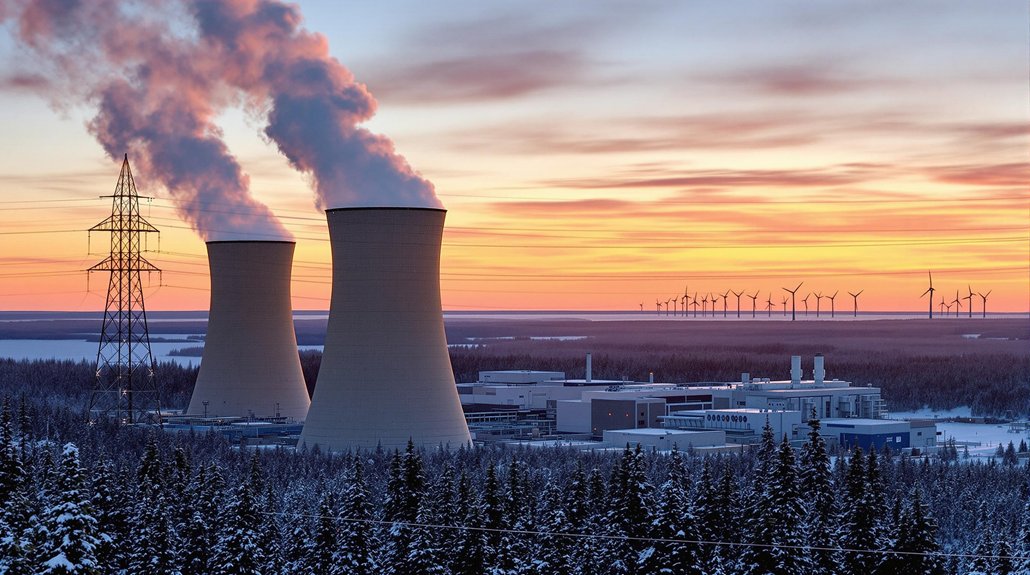California’s lawmakers have dropped a climate bombshell on corporate America. Two new laws, SB 253 and SB 261, are forcing thousands of companies to come clean about their climate impacts. No hiding in the shadows anymore. These aren’t just feel-good regulations – they’ve got teeth.
SB 253 targets businesses with over $1 billion in annual U.S. revenue who do business in California. Doesn’t matter where your headquarters is. If you make money in the Golden State, you’re on the hook. Companies must disclose their greenhouse gas emissions – all of them. Direct emissions from operations? Yep. Indirect emissions from energy use? Those too. Even the tricky Scope 3 emissions from your entire value chain. Good luck with that one.
If you make a single dollar in California, get ready to spill all your climate secrets.
Meanwhile, SB 261 casts an even wider net, roping in companies with just $500 million in revenue. These businesses must report climate-related financial risks every two years. Translation: admit how climate change might hurt your bottom line, and what you’re doing about it. This push for transparency comes as renewable energy accounts for nearly 30% of global electricity needs and continues to grow rapidly.
The first deadlines hit in 2026. Companies aren’t thrilled. The California Air Resources Board (CARB) is still figuring out exactly how this will work, but the clock is ticking anyway. Classic California.
Here’s where it gets serious. These disclosures need third-party verification. By 2030, companies will need “reasonable assurance” – basically an audit-level review – for their emissions data. That’s expensive and complicated. Can’t just make up some numbers and call it a day.
CARB is running the show, defining terms and setting formats through a painfully slow rulemaking process. They’re collecting input, but final rules remain elusive. Non-compliance could result in civil penalties of up to $500,000 per year for SB 253 violations.
Wall Street is watching closely. These California laws could become de facto national standards since so many large companies do business there. Recent attempts to block these laws failed when a U.S. District Court ruled against the Chamber of Commerce’s request for an injunction, allowing enforcement to proceed. It’s happening whether corporate America likes it or not. The climate disclosure train has left the station, and California’s driving it.
References
- https://www.mofo.com/resources/insights/250829-federal-court-declines-to-enjoin
- https://www.persefoni.com/blog/california-sb253-sb261
- https://www.klgates.com/Companies-Must-Prepare-for-Complying-With-Californias-Climate-Disclosure-Laws-Even-Though-California-Air-Resources-Board-Regulations-Are-Not-Final-8-29-2025
- https://www.morganlewis.com/pubs/2025/09/countdown-to-compliance-decoding-californias-climate-disclosure-faqs
- https://www.environmentallawandpolicy.com/2025/07/carb-releases-faqs-addressing-upcoming-california-climate-disclosures/
- https://www.whitecase.com/insight-alert/california-climate-disclosure-laws-carb-releases-draft-guidance-sb-261
- https://kpmg.com/us/en/frv/reference-library/2025/california-climate-laws.html
- https://ww2.arb.ca.gov/sites/default/files/2025-07/FAQs Regarding California Climate Disclosure Requirements.pdf
- https://www.pillsburylaw.com/en/news-and-insights/carb-sb253-sb261.html
- https://www.regulatoryandcompliance.com/2025/04/state-climate-disclosure-bills-a-growing-trend/








